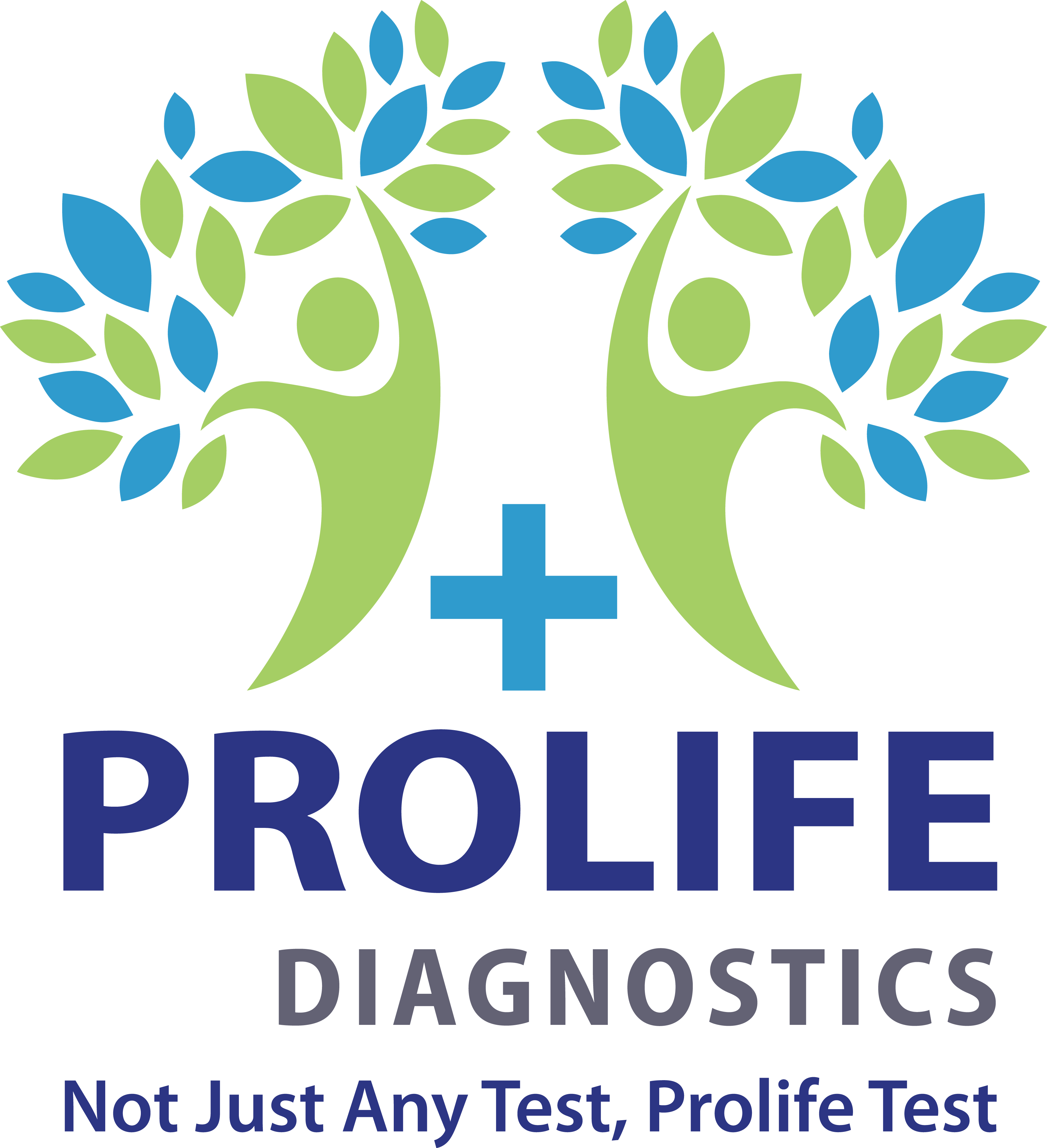- Plot No. 361/3074 & Plot No 437/3134, Patrapada, BBSR
- +91 9040017001
- +91 8630400500
4 Most Important Pregnancy Scans Every Mother Should Know
By Medical Sonographer
Pregnancy is a beautiful journey filled with excitement, emotions, and above all — responsibility. As we are one of the best diagnostic centres in Bhubaneswar, Odisha, we often meet mothers who want to do everything right from the very beginning. One of the most important things you can do for your baby is to undergo the essential pregnancy scans at the right time.
Let me walk you through the 4 most important scans during pregnancy that play a vital role in monitoring your baby’s growth, detecting abnormalities, and ensuring a safe delivery.
1. Early Pregnancy Scan (6–8 Weeks)
Also known as: Viability Scan or Dating Scan
This is the first scan you will undergo once your pregnancy is confirmed. It is usually done between 6 to 8 weeks of gestation and can be done transvaginally or abdominally, depending on the visibility.
What it helps with:
- Confirms the pregnancy is inside the uterus (rules out ectopic pregnancy)
- Detects the fetal heartbeat for the first time
- Confirms the number of fetuses – singleton or twins
- Estimates your due date (EDD) based on fetal size
This scan gives you the first glimpse of your baby and provides the reassurance of a healthy beginning.
2. NT Scan (11–14 Weeks)
Also known as: Nuchal Translucency Scan or First Trimester Screening
This is a crucial scan in the first trimester, done between 11 to 14 weeks of pregnancy. It is often combined with a blood test called the Double Marker Test to provide better risk assessment.
What it helps with:
- Measures the fluid at the back of baby’s neck (NT measurement)
- Helps assess the risk of Down syndrome and other chromosomal abnormalities
- Forms part of the first-trimester combined screening for genetic conditions
This scan does not diagnose problems but gives important clues about your baby’s genetic health.
3. Anomaly Scan (18–22 Weeks)
Also known as: Second Trimester Scan or TIFFA Scan
This is perhaps the most detailed ultrasound of your pregnancy and is typically done between 18 to 22 weeks. It’s a key milestone in your pregnancy journey.
What it helps with:
- Examines the baby’s brain, spine, heart, kidneys, limbs, and facial structures
- Checks placenta placement and amniotic fluid levels
- Identifies birth defects or developmental anomalies, if any
Think of this scan as a full body check-up of your baby, ensuring all organs are developing as expected.
4. Growth Scan with Doppler (28–32 Weeks or later)
Also known as: Third Trimester or Fetal Growth Scan
This scan is done in the third trimester, usually between 28–32 weeks, and sometimes repeated later based on the pregnancy’s progress.
What it helps with:
- Monitors your baby’s growth, weight, and position (head up or down)
- Checks amniotic fluid volume and placenta health
- Assesses blood flow to baby using Doppler, especially in high-risk pregnancies
- Helps plan the mode and timing of delivery if any complications are suspected
This scan ensures that your baby continues to grow well and helps your doctor decide how and when your baby should be delivered for the safest outcome.
Final Thoughts from the Doctor
Each of these scans plays a unique and essential role in your pregnancy care. Missing even one can delay the detection of a serious issue. As a sonographer, my advice is simple — follow the recommended scan schedule and maintain regular antenatal visits.
Because when it comes to your baby’s health, early detection and timely care make all the difference.
